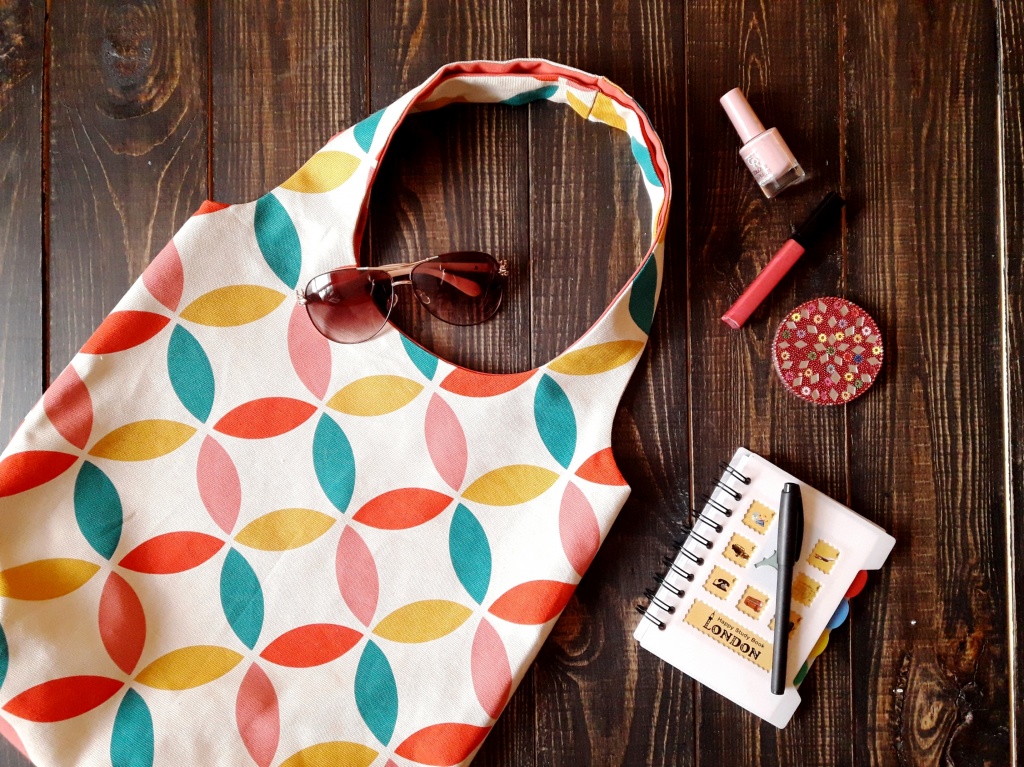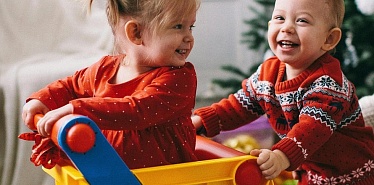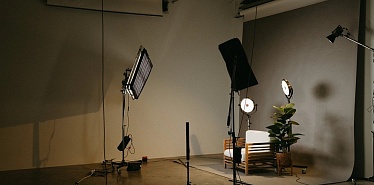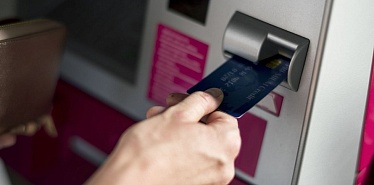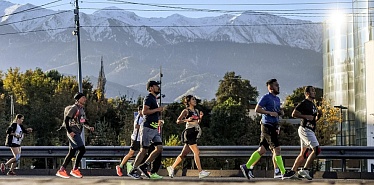Mikhail Belyakov, 32, from Otar station, the founder of the Paketamnet eco-production
Oksana Belyakova, 33, from Uralsk, founder of the Paketamnet eco-production
On the starting point
Michail. Last year my colleague encouraged waste paper collection in an IT company I was working for. That was when we found out that paper, packages and plastic recycling can bring us some money. I became interested in this business.
After a while we found many more stations recycling aluminum cans, rags and nylon stockings at a good price. We started sorting out all the secondary raw materials. In the end we set our sights on sharing the ideas with other people. The EcoCity app we created shows stations receiving secondary raw materials and garments to charity.
Our main goal is to reduce the amount of litter
We weren’t allocated money for the app promotion, so we started account called E.coala in Facebook, Instagram and Vkontakte. There we write about eco problems and give advice. The audience is growing, there were many followers who started sorting garbage and those who started using reusable metal bottles. Things were doing well, but we started to have problems, because our branch did not bring much profit. I refused going back to IT for I understood what I was willing to do. I quit my job and got engaged in eco.
On the production
Waste recycling is not developed in Kazakhstan, yet Russia is popular with the "Paketam net!" (lit. “Say no to packages!”) movement. Their motto is "Do you need a package? Thanks, no!" We need both sorting garbage and reducing disposable goods, as a great many resources are spent.
The best is to consume less. Once you buy a metal bottle you’ll use it for many years. One plastic bottle production requires seven liters of water. Sounds absurd, but it's true.
The same is with plastic bags not used after shopping. Isn’t it better to take a reusable bag?
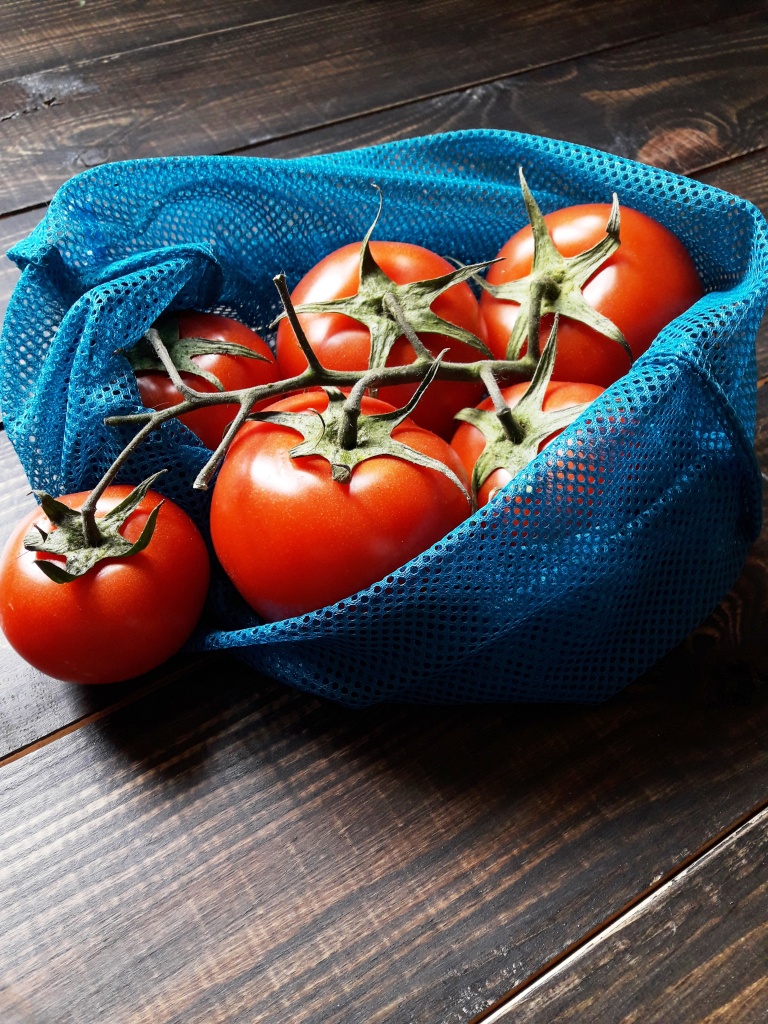
My wife made a fruit picking bag and that was when it started. We started thinking over the ways to get rid of packages in everyday life.
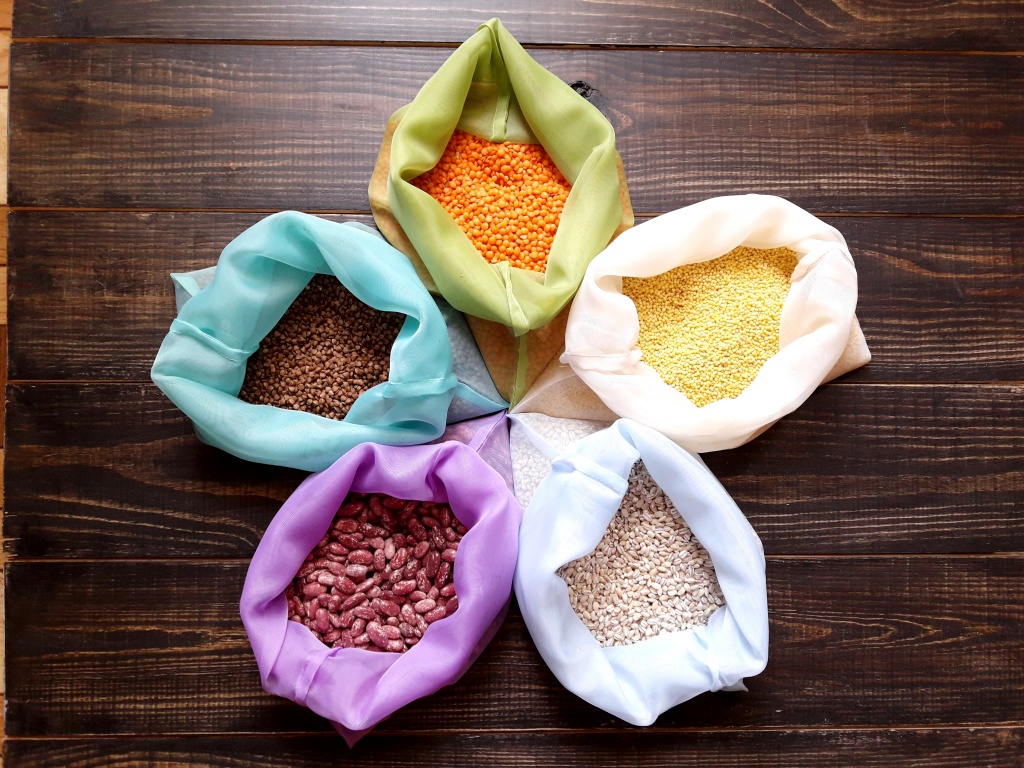
Sugar, spaghetti and various groats need special bags. Having found a suitable fabric, we decided to give other people a chance to try our products. So we have an account in Instagram presenting Paketamnet eco-production.
On Paketamnet
We produce fabric bags serving for grocery, fruit and made of a strong fabric that can keep up to five kilograms, linen bags designed for bulk food, greens and bread, thread polyester for vegetable milk. We also make oil-silk designed for meat, cheese, etc.
We make shoe covers as well. A kindergarten has recently ordered more than 30 couples to completely abandon disposable shoe covers.
We have environmentally friendly no-waste production. If we have a piece of cloth left, we don’t throw it away but make small cosmetic bags, cases for metal bottles.
Not having employees, we flow in goods from other countries. For example, there’re Australian brand bags, which can be turned into a small purse keeping up to 20 kilograms.
We have reusable notebooks from Russia. One can write and rub there, it won’t spoil. That’s how paper and forests are saved.
Metal sipping straws and bottles are flown in as well. Plastic bottles being dropped fissure and get populated with bacteria. That's why we prefer steel.
Another product we sell is bamboo toothbrushes decomposing in a couple of years and not harming the environment unlike traditional toothbrushes.
Another product we sell is bamboo toothbrushes decomposing in a couple of years and not harming the environment unlike traditional toothbrushes
We sell coffee mugs. Many have the misconception about disposable cups for coffee being made of paper. In fact, they’re covered with a thin non-recyclable plastic so that the paper does not soak. The only way out is to ask to pour coffee into your mug.
Unfortunately, there is not a coffee shop with a discount on pouring coffee in your mug in Kazakhstan, whereas it’s popular in Europe and Russia. It really encourages people to save the environment.
On plans
I dream of starting a store with no packaging. There’re shops to come with your own bottles and containers in Europe. I also want to arrange a place for people with similar views to communicate.
I want our courier to deliver the goods and pick up secondary raw materials or hazardous waste, so that a client receives certain bonuses.
There’re many directions I would like to develop in. For example, eco-fairs are a novelty for our city. The first eco-fair was held in March. Today I organize them myself.
I’m planning to develop eco-schools, eco-farms and much more. People do need them. We’re going to support and promote them.









